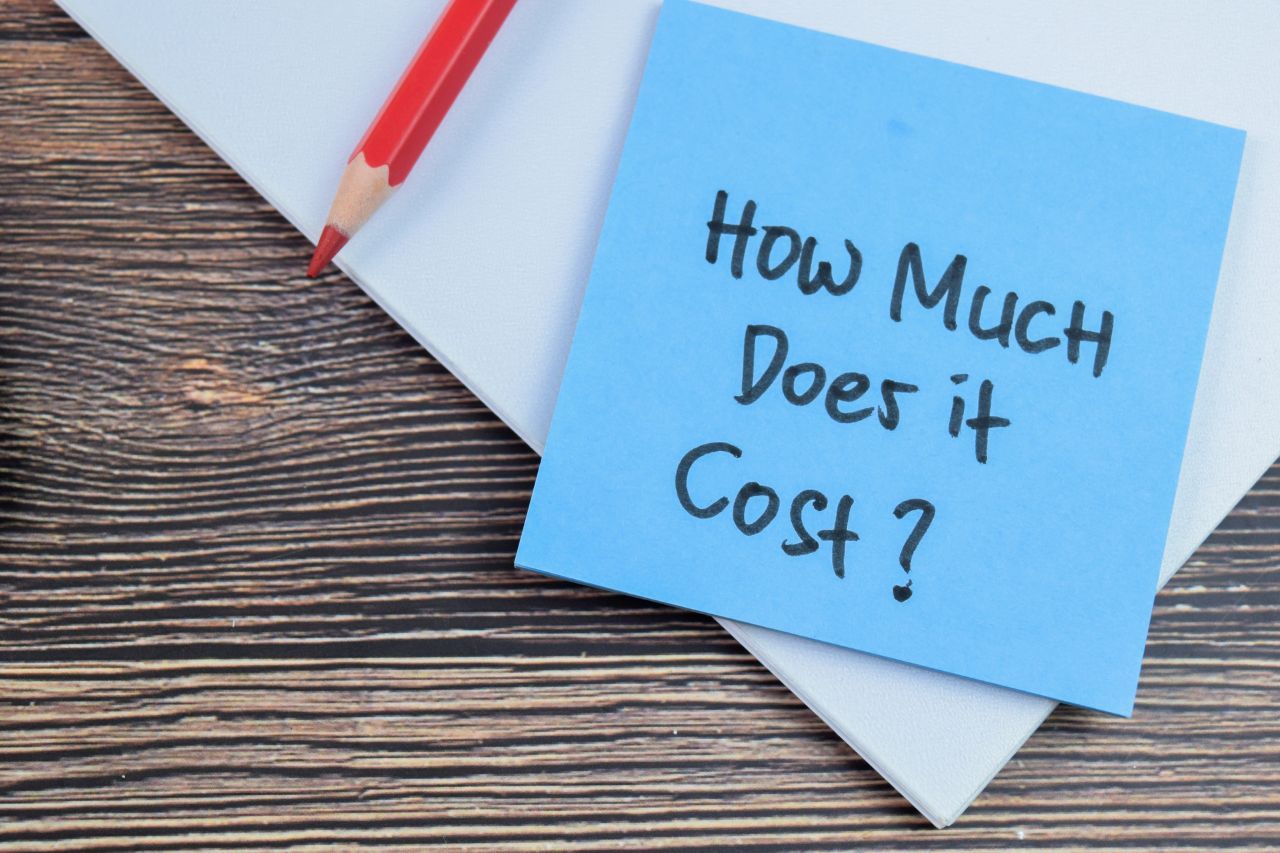Can You Get a Free Divorce in the UK?

The cost of divorce is often one of the first things people worry about when they’re thinking of ending a marriage. Understandably so—nobody wants to be stuck in an unhappy situation just because they can’t afford to leave it. But is it actually possible to get a free divorce in the UK? Let’s get into it.
The Costs of Divorce in the UK
Divorce isn't just emotionally and mentally draining—it can hit your wallet, too. The most immediate cost? The court fee is just to file the divorce application. That’s before you factor in legal advice or solicitors, which can quickly bring the total closer to £1,000–£1,500 plus VAT depending on the complexity of your case.
You might be thinking, “What if it’s uncontested?” That can help reduce costs, but it doesn’t eliminate them. Even a “simple” divorce comes with admin fees, paperwork, and possible costs around child arrangements or splitting assets. So yes, it can add up fast.
And if your finances are already stretched, it can feel like one more impossible hurdle.
Can You Get a Free Divorce in the UK?
Short answer? Kind of—but only under specific circumstances. There isn’t a widely available option for a completely free divorce for everyone. What you can do is reduce or waive certain costs if you meet specific criteria, mainly related to income, savings, and benefits.
So, how much does it cost for a divorce in the UK?
Let’s break it down: if you’re on a low income, or receiving certain government benefits like Universal Credit or Income Support, you might be able to get the court fee waived through something called Help with Fees. It’s an application you make to the court, and if it’s approved, the court fee is scrapped or reduced.
So while it's not “free” in the general sense, it's definitely possible to cut out the biggest chunk of the cost—if you qualify. No tricks or loopholes, just an official government scheme.
But what about solicitor fees? That’s where things get trickier.
Legal Aid for Divorce in the UK
Legal aid used to be more widely available, but since reforms in 2013, it’s been drastically reduced. Still, it's not entirely gone.
Legal aid is now only offered in divorce cases where there’s evidence of domestic abuse or child abuse, or where your situation qualifies under extremely specific circumstances. For example, you might be eligible if:
- You've been a victim of coercive control, financial abuse, or physical violence (and have proof)
- A child is at risk from your ex-partner
- You need help applying for a non-molestation or occupation order
Even then, there’s a means test. You’ll have to provide details about your income, savings, and outgoings. It’s not the quickest or most comfortable process, but it can provide access to free legal help when you really need it.
That said, it’s important to remember that legal aid won’t always cover the full cost of your divorce. It might only apply to specific elements—like help with court applications or protective orders.
If you're in a situation involving abuse or safety concerns, don’t hesitate to get legal guidance for family disputes from a specialist solicitor like us.
Alternatives to Legal Aid for a Free or Low-Cost Divorce

Not eligible for legal aid and don’t want to DIY the whole process? You’re not out of options.
Online divorce services have exploded in popularity. These are typically handled by legal professionals or platforms that guide you through the paperwork without the need for hefty solicitor fees. Some of these services start as low as £100–£200 (plus the court fee), which isn’t free, but far cheaper than traditional routes.
No-fault divorce, introduced in 2022, also helps reduce costs by avoiding blame and unnecessary court time. With both parties on board, it’s possible to complete the process with minimal fuss and a streamlined system.
It’s also worth considering whether mediation might help avoid the cost of prolonged legal disputes. While not free, mediation is often cheaper than going through court—and in some cases, initial sessions are offered at a reduced rate or even covered by legal aid.
Of course, there’s always the DIY route. If your divorce is genuinely straightforward, you could represent yourself and fill out all the paperwork without legal help. It’s the cheapest method—but it comes with risks. If you make an error on the forms or miss a step, it can delay the process and, ironically, cost you more in the long run.
What Happens If You Cannot Afford Divorce Costs?
Let’s say you’ve looked into Help with Fees and you’re not eligible. You don’t qualify for legal aid. And you can’t stretch to even the lower-cost online options. What then?
The honest answer? It’s tough, but not impossible.
Start by speaking with Citizens Advice or a family law solicitor offering free initial consultations. They can help point you toward local charities or services that may offer support. Some community legal clinics or women's centres also provide low-cost or pro bono legal advice.
Another route is seeing if your ex is willing to cover or split the cost. In amicable separations, it’s not uncommon for one party to foot the bill if they’re in a stronger financial position, or agree to share the court fee at the very least.
We know that might not be an option for everyone. But it’s a conversation worth having.
Final Thoughts
So, can you get a free divorce in the UK? Technically, yes—but it comes with conditions. For many, the answer is more like “affordable” than “free,” and navigating the system can be overwhelming when you’re already going through a stressful time.
If you’re unsure where to begin or need help figuring out what support you're entitled to, we’re here. At Skylark Hill, we’ve helped hundreds of people move forward with clarity and compassion.
Even if you don’t need full legal representation, having someone on your side who understands the system can make all the difference.
Ready to get started? Reach out to us and let’s talk through your options.












